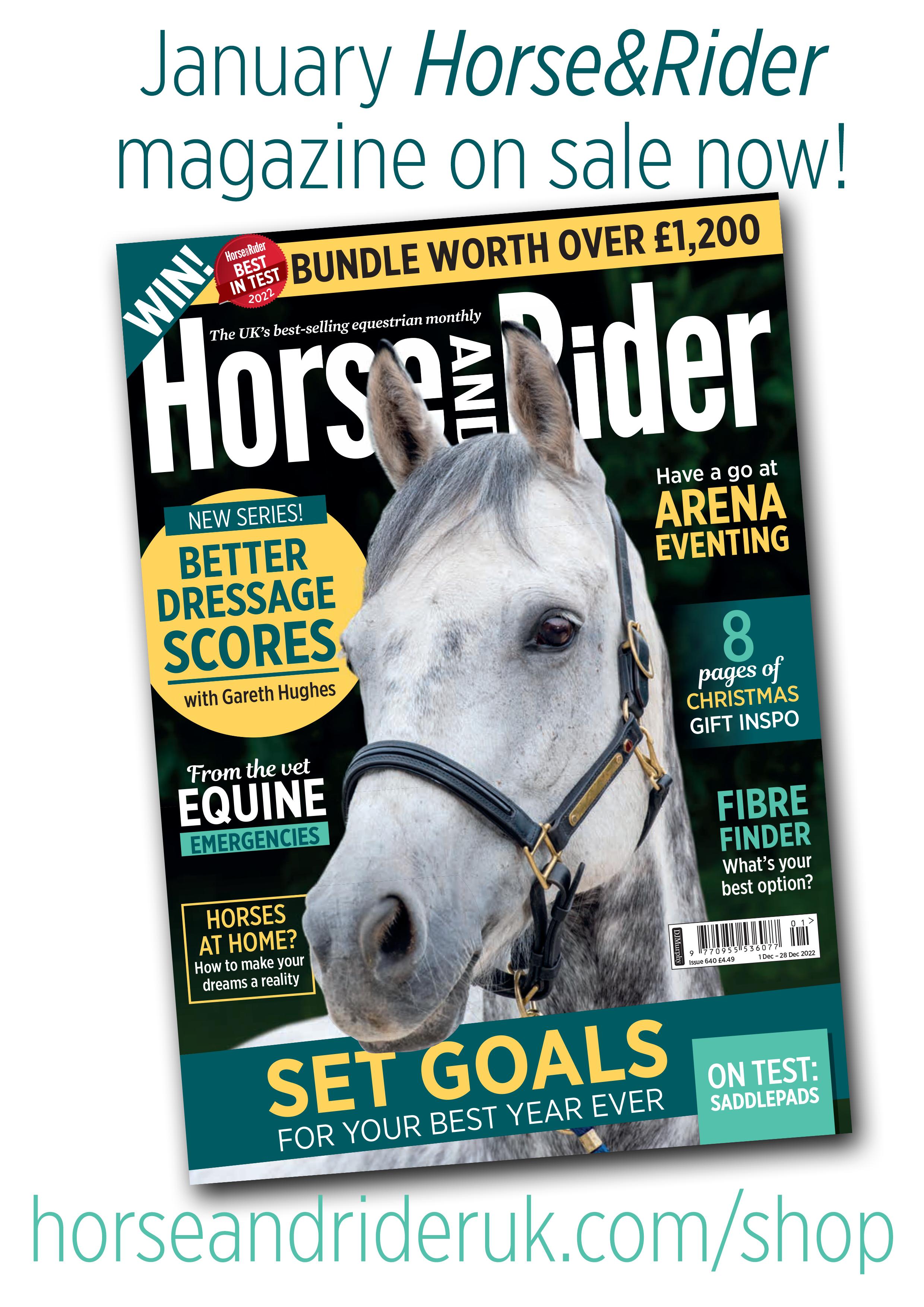























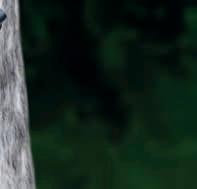














In this feature. . . Practise cross-country-style jumps at home








































In this feature. . . Practise cross-country-style jumps at home
Want to dip your toe into cross-country but not sure where to start? The solution: start by schooling on a surface. Eventer Felicity Collins shows you how

Riding cross-country is sure to be a resolution for so many riders. Yet, with the idea of perfecting three separate disciplines – one of which requires tackling some rather robust-looking obstacles at speed and on varying going – it can be tricky to know where to start. While dressage can be worked on year-round at home, with the same being said about showjumping, the cross-country phase is arguably the one that causes the most worries – not least because there’s such a small window of the year when conditions suit putting in practice on grass.
This is where schooling on a surface comes into its own. It’s great for preparing you not just for arena eventing – which is a kind of hybrid between crosscountry and showjumping that allows keen eventers somewhere to shape up their skills over winter –but for actual cross-country ready to get out come spring, too. Let’s take a look at my golden rules of getting started.
Felicity Collins is an international eventer based in Sussex who regularly coaches riders of all ages and abilities. She’s represented Britain successfully on a number of occasions and made her five-star debut in 2021, finishing in the top 10.
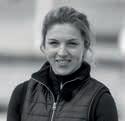


Esme Higgs is a popular social media personality and content creator. She rides eight-year-old Joey He’s a 16hh Thoroughbred x warmblood all-rounder gelding who Esme’s owned since early 2020.

Riding coach and polework expert, Nina Gill, shares her tips on how to get your horse thinking, improve your riding and maximise your all-round performance – all with one set of poles
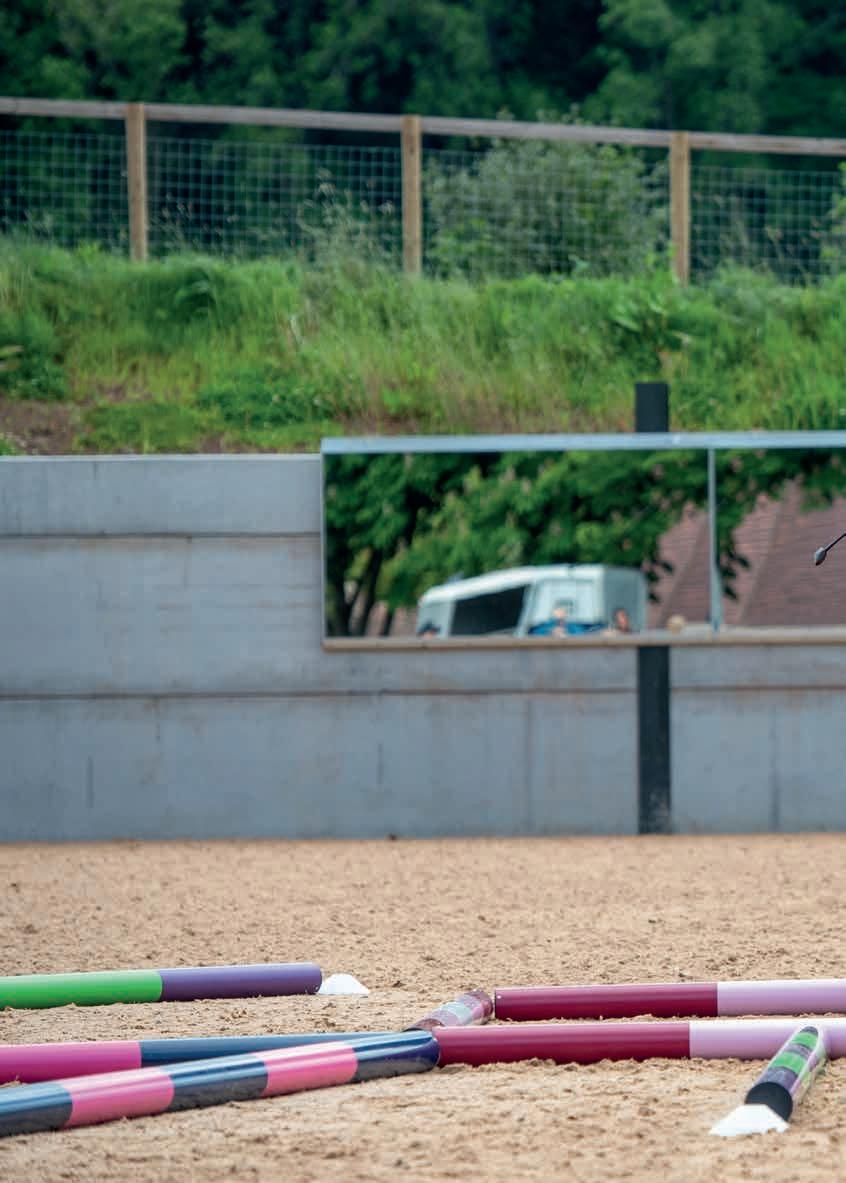
Polework – when it comes to tools that’ll improve your horse’s technique, this is certainly a firm favourite. Regardless of your discipline, level or goal, it’s widely reported that there are endless
benefits to including poles in your horse’s routine. But what are these benefits? How can polework really boost your riding? And what’s involved in the perfect pole-based session? Let’s take a closer look at the answers to these all-important questions.
In recent years, polework’s become a hot topic in the world of research and results are confirming anecdotal evidence that equestrians have sworn by for many years. Find out more at bit.ly/POLEWORK_RESEARCH
Nina Gill is a BHS Stage 4 Coach based in Warwickshire. She has worked on a range of yards from riding schools to 5* event yards and is the owner of Fancy Footwork Equestrian.



Animal
Rebecca Stroud has competed in dressage up to Advanced Medium. She rides her 13-year-old Rubinero mare Remi Martini, known as Mini, who she’s owned since she was a foal.

New year’s resolutions are all too easy to make – and break. We explain how you can achieve your goals in 2023, and enjoy the success you deserve


Alison Buttery is a certifi ed mindset and confi dence coach, a BHS APC senior coach and an experienced rider, who specialises in helping riders overcome their nerves. She’s also the Founder of The Everyday Equestrian.


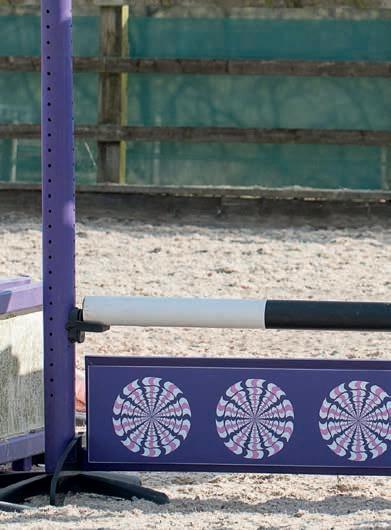

Traditionally, 1 January represents a fresh start – an opportunity to readjust and create exciting new goals, and 2023 will be no di erent. You’ve probably set new resolutions every year, full of big plans and goals around getting fit, eating more healthily and riding more but how often do these actually happen?
New year is the perfect time to review, reflect and refi ne new goals and dreams. But it’s something we do every year to then only have our resolutions fall by the wayside. Perhaps we should change the way we consider these new ambitions and goals, so that we’re better able to make them happen? Here are my top tips for creating more meaningful and impactful new year’s resolutions.
It’s di cult to make changes if you’re not sure of your starting point. To help with this, it’s worth spending some time looking back at the previous 12 months to identify your successes and ask yourself some questions...
• what achievements or experiences were you most proud of?
• what feedback did you receive (from others, your horse or yourself)?


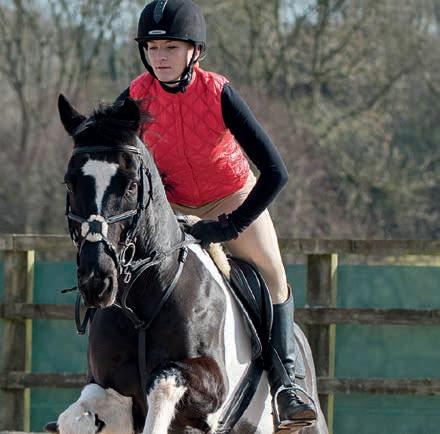
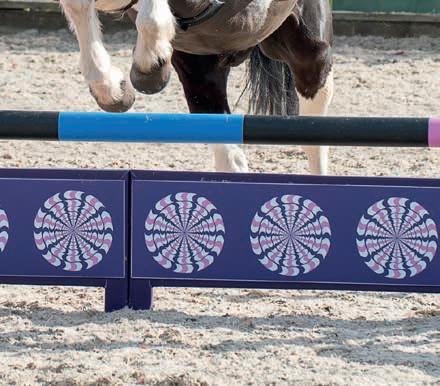
• what are your happiest memories and when and where were they created?
• what did you learn that could help you move forward?
• where are you now in your riding?
• what’s working and what remains a challenge?
When you get a handle on your starting point from a non-judgemental, objective perspective, you can make better, more accurate decisions on your next steps towards your goals and dreams.
We all know how important fibre is in the equine diet, but have you given much thought to the forms in which you feed it? Let’s see how they stack up

Fibre, fibre, fibre – we often hear about the importance of it for our horses but probably don’t get as far as thinking about the reason for this. For horses, fibre performs the very important function of promoting the movement of food through the digestive system thereby keeping everything functioning as it should. However, its benefits beyond this shouldn’t be underestimated. Did you know that fibre can also provide a horse with a huge proportion of his energy and nutrient requirements? Let’s look at some of the facts.
 Photos: Jon Stroud. With thanks to Dengie Horse Feeds for their help with this feature, dengie.com
Photos: Jon Stroud. With thanks to Dengie Horse Feeds for their help with this feature, dengie.com
Fibre in the diet has benefits for all parts of the digestive system...
Mouth: Eating forage requires the horse to engage his cheek muscles more strongly than when consuming cereals. The more intense action increases saliva production, which then regulates acidity levels in the stomach.


Stomach: Feeding too little fibre has been shown to result in an increase in acidity levels in the horse’s stomach, which can then predispose him to gastric ulcers. Feeding cereals further increases acidity in the stomach, which only exacerbates the problem.
Small intestine: The gut tissue is naturally permeable to nutrients and impermeable to anything harmful. Stress, disruption of bloodflow to the gut (for example, during exercise) and increased acidity can all break down the gut’s defences, making it more permeable, or ‘leakier’, meaning the horse becomes more vulnerable to infections and digestive upsets.
Hindgut (caecum and large intestine): The microbial population here breaks down fibre to produce energy and other nutrients, such as B vitamins. Fibre supplies slow-release energy and is also the energy source the gut cells use themselves.
